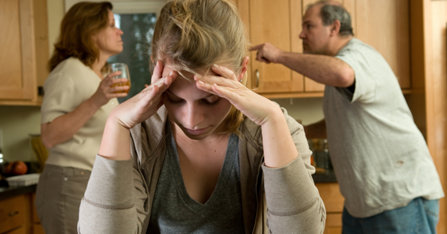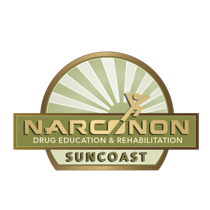So, Your Kid is an Addict…Did You Fail as a Parent?

Addiction isn’t an easy thing to deal with. It’s not easy for the family and regardless of what some people might think, it’s not easy for the addict. Addiction sucks, plain and simple. It’s affected more families now, than ever before, and drug rehab, MAT (Medicated Assisted Treatment), and interventions have become commonplace services within every community. When a family goes through addiction, typically, they do it together. It’s not just the addict who’s suffering. The whole family goes for the ride together. And while taking the addiction train into the abyss, one of the easiest traps for addicts and their families to run into is the “blame game.” But when all is said and done, who is actually to blame for an addiction? If your child made the conscious choice to use drugs and inadvertently got addicted, is that a reflection on you, as a parent? Did you fail at raising your child?
The easiest thing for an addict to do is to blame everyone else for their addiction. They blame dad for being too strict and blame mom for being too enabling. They blame the family for not letting them “be themselves” or for pushing them too hard in school and in being successful. They’ll blame mom for being mean to them when they were seven years old, and that’s why they’re now a heroin addict now. And they’ll blame dad for smacking them when they were a kid. They’ll blame their parents for literally everything they can because it’s a whole lot easier for the addict to put the responsibility for their condition onto someone or something else. And that’s just the thing… in order to fully recover and deal with their problems, addicts need to take responsibility for their condition life. And until they do so, nothing will ever get better.
As easy as it is for addicts to blame their parents for their addiction, it’s just as easy for families to blame themselves for the fact that their son or daughter wound up becoming a heroin or meth addict. Most families do their best when raising their children. They teach them right from wrong and instill them with ethics, morals, and how to overall be a good, successful person. But as soon as their child steers down the path of substance abuse, parents can take a huge loss on it. They can feel ultimately responsible for what’s happened and the condition of their child’s life. No parent wants to admit they failed, but it’s my opinion that most addict’s parents did the best they could. No family can give their children the “perfect” life, because, what’s a “perfect” life anyway?
Families should never take the blame for the fact that their child became a drug addict. Addiction all starts with a choice and it’s a choice on behalf of the addict. For whatever reason, if your child chose to try drugs, that’s exactly what it was; it was their choice. They chose to use drugs for the first time, knowing the possible outcomes and risks of doing so. It’s not mom and dad’s fault because their child, just like any other person, is solely responsible for their own condition in life. You, as the addict made a choice. Was it a mistake? Sure. But now it’s all about how you deal with it. If you, the addict, can’t take full responsibility for your own life and your own choices, you’re never going to get better. And, mom and dad, stop blaming yourselves. It’s not your fault. But know this…your child can get better. And they will, with the right help.
